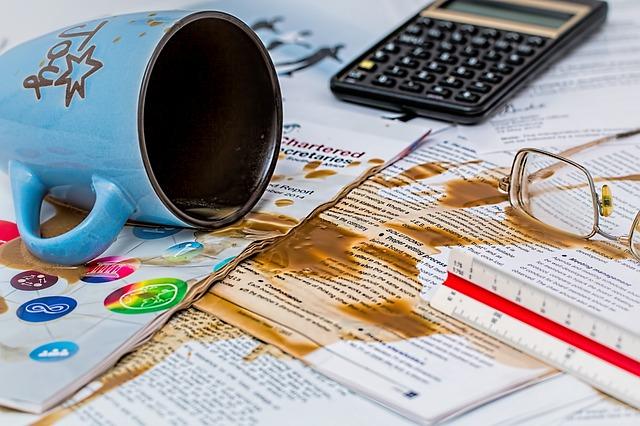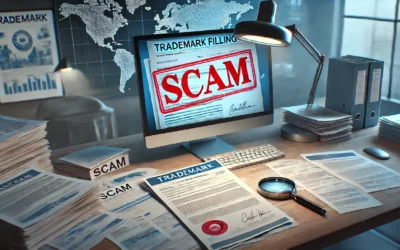Can a trademark application ever make you worse off?
A trademark registration brings a variety of benefits with it. Unfortunately, there may be rare occasions where making a trademark application will have detrimental effects.
1. Somebody discovers your trademark and it infringes their rights
Many brand owners monitor their trademarks, and they will be notified of any similar trademark applications. If you have used a trademark that infringes an earlier mark, it is well possible that the owner of the earlier mark has not been aware of your use (infringement). Your trademark application might come to the knowledge of a company that has a prior similar trademark and as a result, that company takes action against you for trademark infringement. Without the trademark application, you may have been able to continue your operations because the trademark owner would not have known about it.
Cure: Before you adopt a brand, make sure it is legally available and does not infringe on other trademarks. Also, remember to cement your position by registering your mark as early as possible.
2. You will be trolled by Chinese trademark applicants
It is an unfortunate fact that when a company files a trademark application in the US or EU, often somebody else files a trademark application for the same trademark in China. This applies particularly to trademarks that cover physical products, rather than services. The thinking behind these filings is that very often a Western company is manufacturing products in China, and by “hijacking” the brand the intention is to sell it back to the proper owner. China’s trademark law has a provision against trademark applications made in “bad faith”, but it is not easy to enforce. If somebody registers your trademark in China, it is difficult and costly to get it back.
Cure: Try to beat the Chinese trolls by protecting your trademark in China. Use “priority” (if available) to make sure that the Chinese troll does not get earlier rights. That way you will get the rights starting from the date of your first (e.g. EU) trademark application, making it impossible for the trolls to claim earlier rights.
3. A refusal of your application will leave a paper trail that may be used against you
When you file a trademark application, the trademark office will examine if the mark is distinctive. If the trademark office takes the view that the mark is not distinctive, it may make it more difficult for you to enforce your rights against companies that use similar trademarks. Even if you manage to register your trademark with a figurative element or with an additional word, the original refusal will stay in the records. If you accuse somebody else of trademark infringement, they can dig up your trademark application and point to the fact that your original trademark was considered to be non-distinctive and therefore not protectable.
Many trademark offices also examine prior registrations as obstacles. If a trademark office considers your trademark to be confusingly similar to another mark, if there is a dispute between the two of you, the other party’s position can be strengthened by the fact that the trademark office has considered the marks to be similar.
Cure: If you receive a negative office action from the trademark office, you may be better off by withdrawing the application than taking a final decision that goes against you. At least then there is no final decision against your position. With respect to marks that have been considered non-distinctive, it is possible to acquire distinctiveness through use. If you continue using your mark, you should also document it so that when the time comes, you can prove acquired distinctiveness.
Final comments
We have seen all of those scenarios. On the other hand, they are extremely rare and should not put you off from protecting your brand.
Regular exercise is good for your health, but you may still be run over by a car while on the way to the gym. This fear should not put you off from exercising. Same with trademarks. The benefits far outweigh the occasional risks. Also, you can take steps to minimize the impact of those risks in the unlikely event that they materialise.



